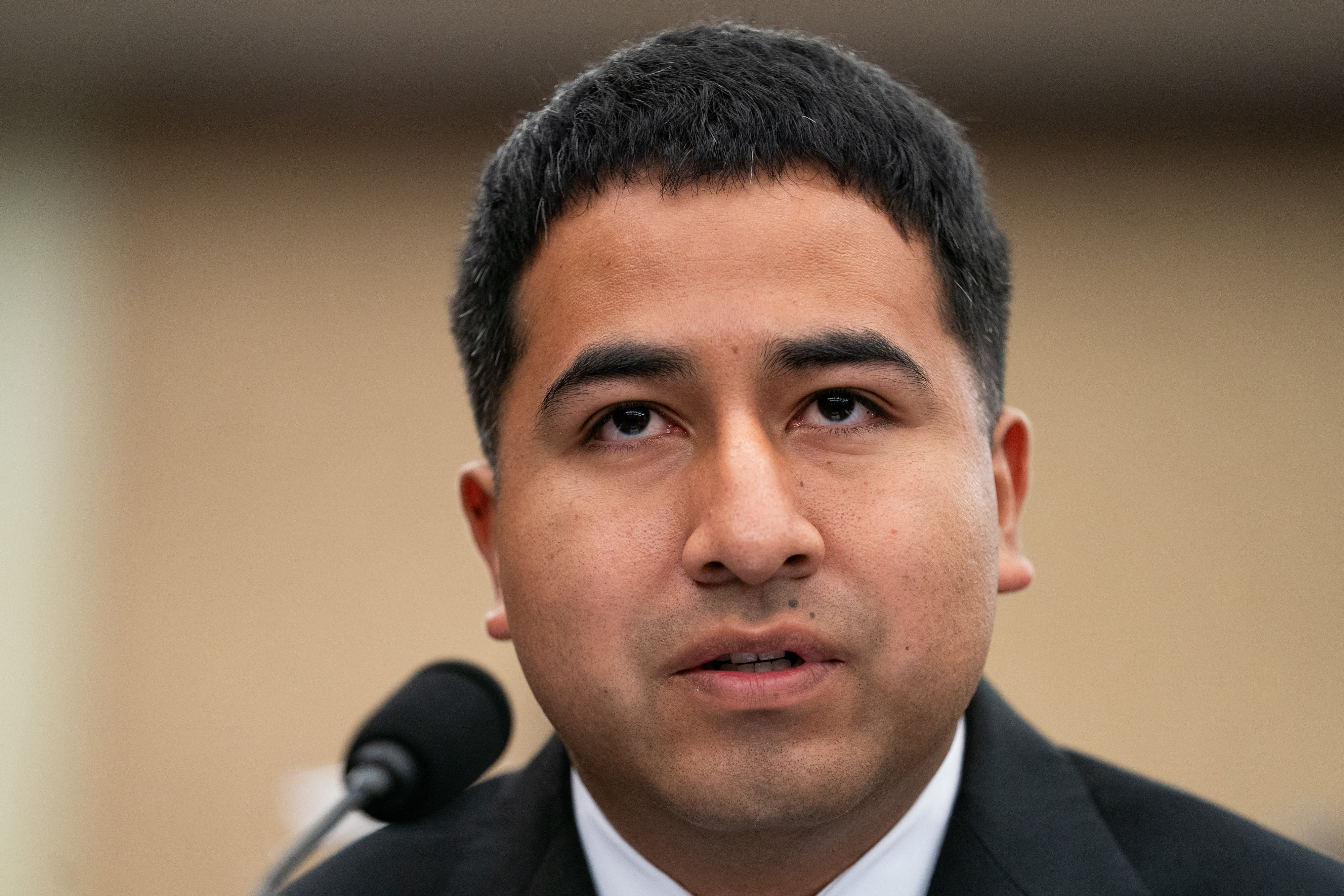Changes are coming in the way commissaries do business, including some increased prices. But nothing has happened yet, and everyone needs to focus the present — and fixing current problems that affect shoppers, said commissary officials and industry representatives who met this week in Richmond, Virginia, to discuss ways to improve the benefit.
House lawmakers have proposed commissary reforms that would increase prices on some products, to make profits in order to reduce the amount of taxpayer dollars used to run commissaries. Currently, that $1.4 billion annual budget allows commissaries to sell items at cost, plus a 5 percent surcharge that pays for renovation and construction.
But those changes are in the future. "Getting groceries on the shelves today, meeting expectations of patrons, needs to be the focus," said Pat Nixon, president of the American Logistics Association, an association representing the industry that sells items in commissaries, exchanges and MWR activities. Patron confidence is on a downturn, because of a variety of issues such as sequestration and budget discussions, Nixon said.
There have been some persistent issues with the process of getting products from the manufacturers to the shelves, for example.
"Before new changes come into play, we need to get these issues fixed," Nixon said.
These issues affect shoppers when the item they're looking for isn't on the shelf. Officials and industry representatives are working to address issues in the supply pipeline that might affect getting products on the shelves, including helping the shelf stockers, contracted by industry members, do their job more efficiently. Those stockers are contracted by industry to stock commissary shelves with their products.
Other key topics of discussion were the longstanding need to get the word out to patrons about their savings; and finding ways to increase the savings for save shoppers even more money.
Members of Industry representatives put their heads together with Defense Commissary Agency officials to come up with ways to improve the benefit for shoppers, including:
- Increasing the number of "multiplier" sales, such as "buy two for $10," or "buy $25 worth and get $10."
- Better communicate savings to customers by simplifying disruptive store signage.
- Create deals such as bundling facial tissues with cold medicine.
Industry members suggested moving to the agency’s previous "never out" program for certain fast-selling items so that there was at least a one-day supply in the back rooms in case the shelves were empty a few hours after being they are stocked.
"We’ve got to get products on the shelves. If we do, other things will take care of themselves," said Michael Dowling, deputy director and chief operating officer of the Defense Commissary Agency, noting a drop slide in sales in some grocery categories.
Dowling also cited some examples of actions DeCA could take to meet the ever-changing needs of customers. While DeCA has done a lot with bringing in natural and organic foods into commissaries, he said, "we need to do better."
"We're going to move together through some challenging times," he said. "But if we work together, we'll get there."
But it's clear members of the grocery industry are uncertain about what the future holds and how the proposed commissary reform would affect customers' decisions about whether to shop in commissaries.
Nixon, ALA's president, noted that while the House-proposed reform marks a historic change in the way commissaries do business — by raising prices to generate revenue in order to reduce taxpayer funding to run the stores — lawmakers also included a provision that would infuse more taxpayer dollars if the income generated doesn't meet the expectations.
"We're positive Chairman Heck wanted to set aside fears the patrons would have," he said. Rep Joe Heck, R-Nevada, is chairman of the House Armed Services personnel subcommittee, which put forth the proposal. It now goes to the full House for approval; it would also have to be agreed to by the Senate before becoming law.
Nixon also noted that this proposal also marks a significant change from the Defense Department plan three years ago to move to eliminating taxpayer funding altogether for commissaries. New leadership at DoD recognized that reforming the commissary system should come before making cuts, rather than the previous move to eliminate the funding.
"If you’re not all in on this, there’s a chance it could fail," he told industry members of industry. "In this world of chaos, there will be business opportunities."
Karen Jowers covers consumer issues and quality of life for Military Times. Email her at kjowers@militarytimes.com.
Karen has covered military families, quality of life and consumer issues for Military Times for more than 30 years, and is co-author of a chapter on media coverage of military families in the book "A Battle Plan for Supporting Military Families." She previously worked for newspapers in Guam, Norfolk, Jacksonville, Fla., and Athens, Ga.





